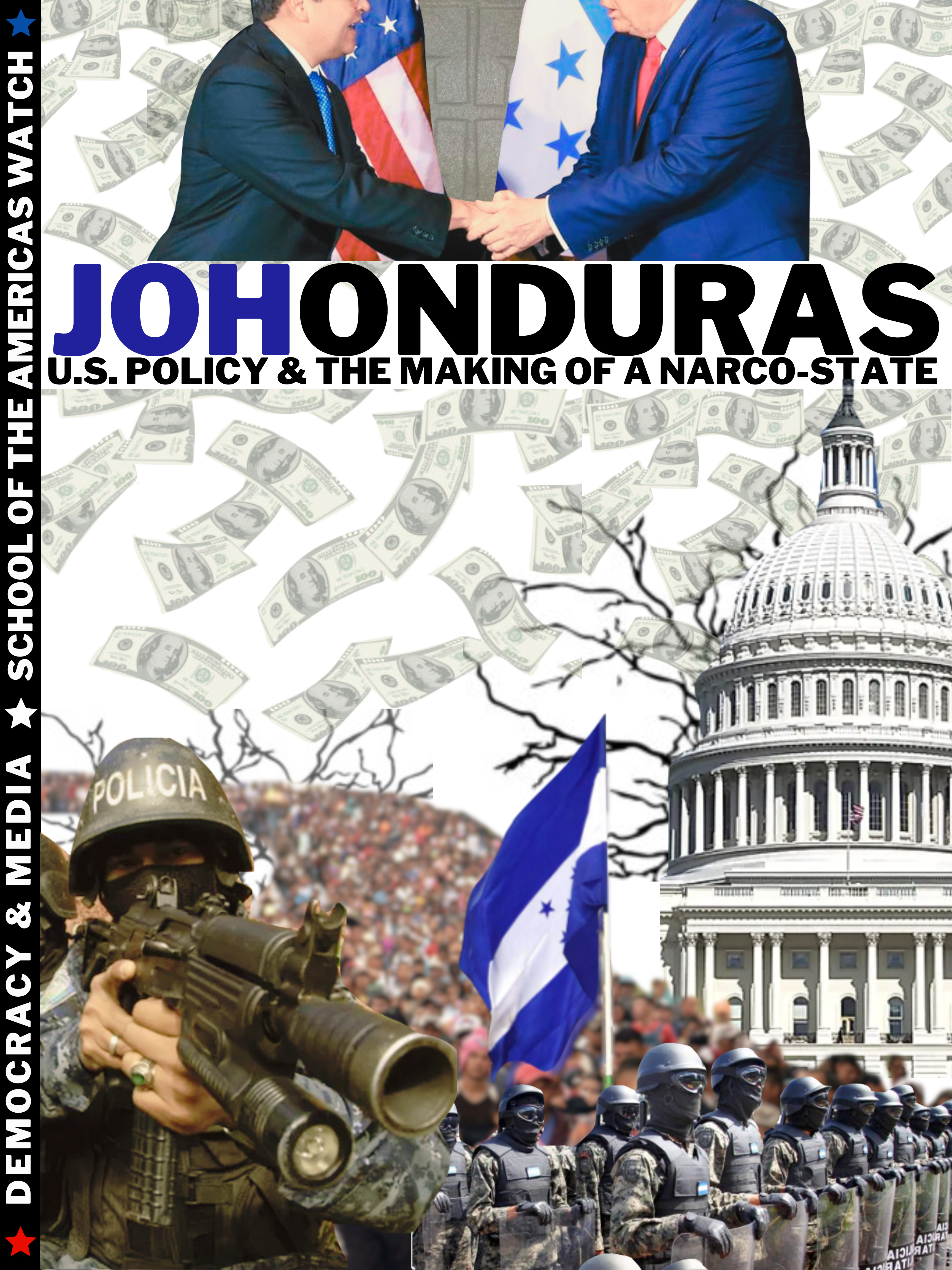A recent study by Caribbean Affirmative in Colombia revealed alarming statistics regarding violence against the LGBTQ community. On average, one LGBTQ person is murdered every two days in the country. Despite Colombia's progressive legal framework for LGBTQ rights, only a small percentage of cases progress to trial, and violence against the community persists. Trans individuals face the highest risk, with Colombia among the countries reporting the most hate crimes against them in Latin America. Visibility remains a challenge, particularly outside urban areas, where discrimination and violence are more prevalent. The organization calls attention to the state's indifference to these cases and demands a change in attitude from institutions to effectively address and prevent violence against LGBTQ individuals. They emphasize the need for improved data collection and enforcement of laws to ensure the safety and rights of LGBTQ people in Colombia.
- Home
- About Us
- Issues
- Countries
- Rapid Response Network
- Young Adults
- Get Involved
- Calendar
- Donate
- Blog



